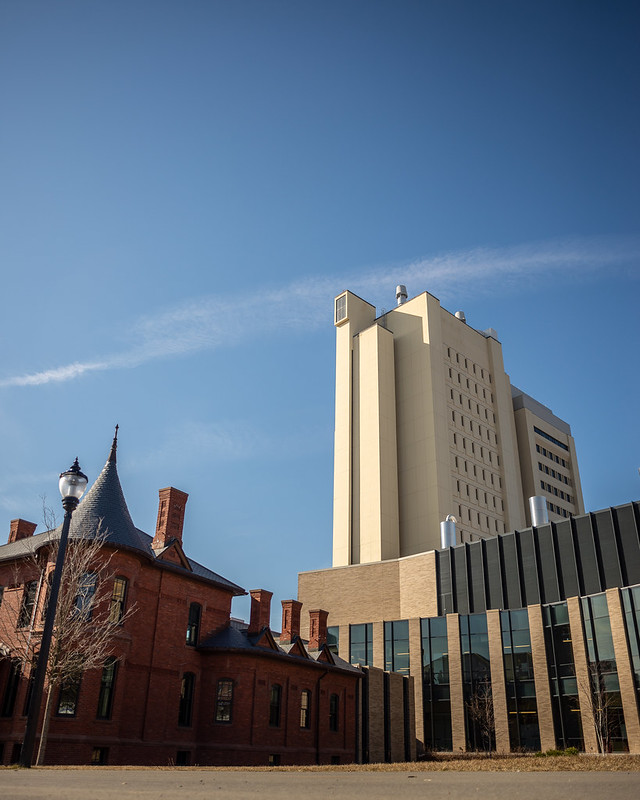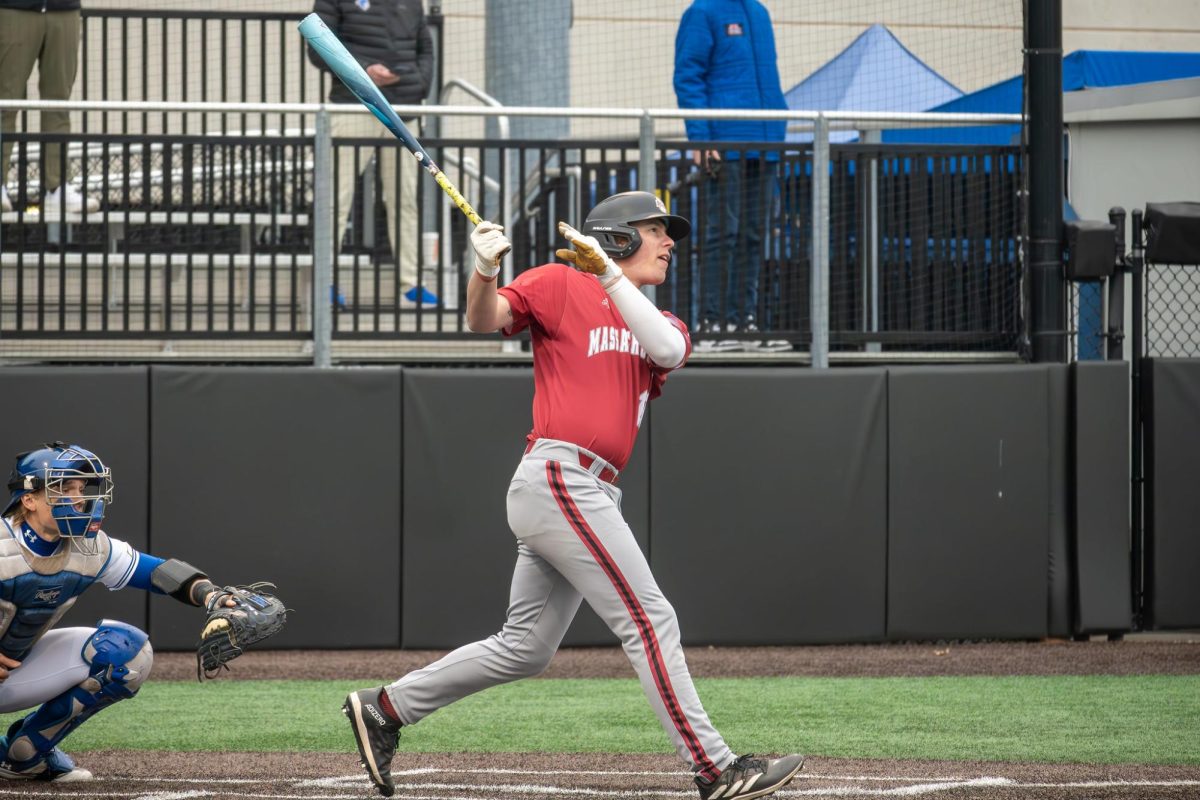On Wednesday night, the history department of the University of Massachusetts, alongside the Five College graduate history program, hosted activist, writer and historian Mike Davis for a discussion about wildfires via Zoom. A part of this year’s Feinberg Series, the lecture was titled “California Burning: The Apocalyptic Trinity of Climate Change, Alien Plant Invasion and Exurbanization,” and was also the history department’s 2020 Distinguished Annual Lecture.
Davis is a southern California native and professor emeritus of creative writing at the University of California Riverside. He is the author of 20 books, many of which study the intersectionality of his activism amongst historical issues of power, social class, climate change and pandemic diseases.
“As an important voice, he’s worked on a number of interrelated issues such as pandemics and the history of climatology and climate change within history,” said Jason Moralee, professor and graduate program director of the UMass department of history, director of the UMass/Five College graduate program, and member of the Feinberg advisory committee.
Considering the relevance of his various studies, including Davis as a Feinberg speaker was deemed extremely valuable for the 2020-21 lecture series.
According to Kevin Young, an associate professor of history at UMass, and co-chair of the Feinberg Series, Davis represents a key historical perspective. “He’s a very prescient thinker and someone whose work is always deeply grounded in meticulous historical analysis,” Young said.
Davis’ lecture explored the ongoing, multifaceted west coast wildfires. Speaking from his home in California, he was quick to mention that although the state is only halfway through fire season, 4 million acres of forest have burned so far this year.
Davis began by focusing on bromes, a type of invasive weed that has been encouraged to grow by increased fire frequency and exurban sprawl. “It’s California which best illustrates the vicious circle where extreme heat leads to frequent extreme fires that prevent natural regeneration, and with the help of tree diseases, accelerate the conversion of iconic landscapes into parched grasslands and treeless mountain slopes,” Davis said.
He’s concerned about a new phenomenon in California, called “hot drought,” that occurs when extreme summer heat produces water deficits through evaporation of streams, reservoirs and rivers. This loss of plant and soil moisture breeds fire-catching weeds. Quoting a study from the National Academy of Sciences, Davis added that invasive grasses are estimated to already be increasing fire occurrence by up to 230 percent and fire frequency by up to 150 percent.
This, Davis correlated to the increasing level of carbon dioxide spewed by this year’s megafires. “In the seven weeks from the beginning of August of this year to mid-September, megafires in California had released significantly more carbon dioxide, 91 million metric tons, than produced by all the cars, cities, and industries in the state the previous year,” he said.
“One fire alone, a 10,000 acre fire in northern California, produced the equivalent of the annual emissions of 2.7 million cars,” he said.
When considering how well California is handling this crisis, Davis pointed out fatal flaws he sees in Sen. Feinstein and Gov. Newsom’s emergency plan to quell the wildfires. “Only a sustained annual effort to recede native plants and remove to the extent possible, the bromes and their friends, something [that] would require full-time force workers and the cooperation of landowners, could theoretically postpone the weed apocalypse.”
He connected the increased fire frequency to increased market dependence on Wildland Urban Interface, which involves the intermingling and placement of houses in and near wildlife habitation and natural brush and trees. “Market forces are poaching the wild lands and increasing car dependency while shifting the cost of wildfire protection onto county, state and federal governments,” Davis said.
The consistent burning of WUI led Davis to the issue of energy and he elaborated on his concerns of the magnitude of the fires plaguing California. He compared them to the fatal Black Sunday fires of Victoria, Australia in 2009, that released an amount of energy equal to the explosion of 1,500 Hiroshima-sized bombs.
“Even greater energy is produced by pyro cumulus plumes that for weeks have towered over northern California and southern Oregon,” he said.
Yet to believe that this planetary damage, when matched with the devastation the world has seen due to COVID-19, will stop anytime soon he believes is a “foolish illusion.”
“Climate change is bringing about major, irreversible transformations in vegetation and fauna. And while we can certainly do things to mitigate fire conditions, it’s impossible for us to change that fact,” Davis said, as he pivoted his lecture to be viewed through a different lens regarding resources, power and economy.
While unable to reverse the tide of climate change, Davis rests on the idea of being able to mitigate resources to improve the situation. This is inherent of his understanding of power within society and the division seen amongst social class, as he said, “The biggest question, of course, is who has the power of resource to mitigate. And obviously the poorest quarter of humanity doesn’t have those resources.”
Davis, a known leftist and critic of capitalism, morphed his lecture into a commentary on the intersectionality of economy and climate change. He believes in the democratization of economic power investments, or taking the fate of the people, and the investment of power, out of the hands of the largest capitalist corporations. In turn, his proposal leads him to ask, “How can we guarantee to every person on this planet, a high quality of existence given that the footprint of industrial capitalism or state socialism exceeds the care of the planet?”
Davis sees such government capitalism exploitation as a concept ill-received by younger generations. This observation, gleaned from his two high-school-aged children, instills hope in him that generations to come will settle for nothing but radical forms of change.
“I think anything short of a utopian imagination is a treason to the future right now,” he said.
Visit the UMass History Department’s Feinberg Series Website to find past lectures–audio and video formatting–as well as information about future lectures happening within the 2020-21 series.
Ella Adams can be reached at [email protected]. Follow her on Twitter @ella_adams15.




















